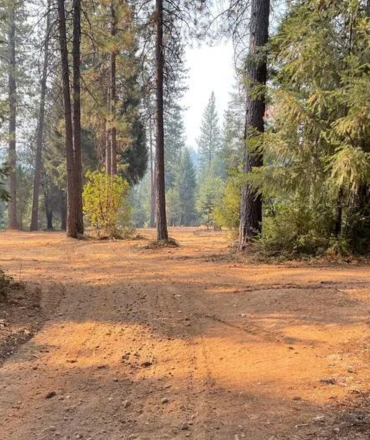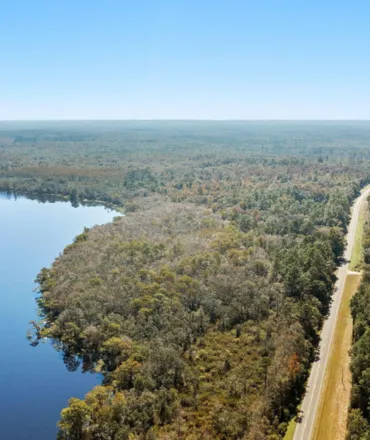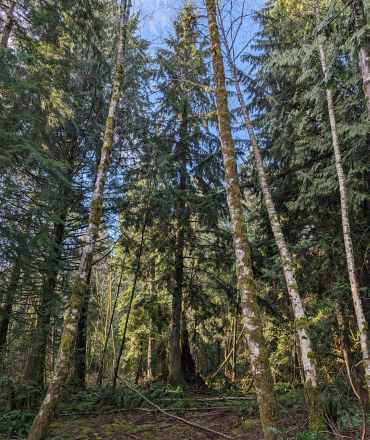A Few Words
About Us
We are in the process of building a Tiny House Community: Self-reliant, green, debt-free.
Hi, I am Peter, the founder of oTinyHouse.com
Self thought tiny house designer and self sufficiency proponent
After years of material-driven consumption that commonly defined the “American Dream”, all of us, young, old, couples or single from all sorts of walks of life, realized that these extravagant buying and spending ways are not making us any happier or fulfilled. Instead, we have the choice to opt in to live a better, debt-free, nomadic and environmentally conscious lifestyle in a tiny home, off-the-grid.
I’ve created this platform to discuss the most important topic of our lives and speak candidly about the experiences of tiny house DYIers on their way to building their first tiny home from scratch. They share stories and lessons learned from their first winter and advice to us those who aspire to build their own tiny dream homes. I write about and discuss the reality of dealing with the legality surrounding tiny homes as well as how they deal with critics and social influences.
o Tiny House…
Why should a house cost an arm an a leg?
In a world where real estate became a privilege of the wealthy we need a solution that is so radical that those who have will not like – but we who need a roof above our head desperately need.
Changing the status quo
We innovate and bring new possibilities to people like you who are trying to build a house and live a mortgage-free life.
Rethinking the American Dream
There are many ways to interpret the “grow up, go to college, get a job, buy a house” mentality that society influences on Americans from a young age. Instead of falling into the “bigger the better” material-driven consumption attitude, we have an alternative.
Together we challenge people like you to explore how society influences your life, and to rethink what achieving the “American dream” can look like today.
Back in 1931 Adams explained the American Dream saying “It is a difficult dream for the European upper classes to interpret adequately, and too many of us ourselves have grown weary and mistrustful of it. It is not a dream of motor cars and high wages merely, but a dream of social order in which each man and each woman shall be able to attain to the fullest stature of which they are innately capable, and be recognized by others for what they are, regardless of the fortuitous circumstances of birth or position.”
The problem is these ideals aren’t necessarily what has played out in the lives of todays people.
We chose to build our own tiny home instead of buying a traditional home because of our lifestyle and values aligned with the concept of sustainability, mobility, and having a greater connection with nature and spending more time outdoors. However, we the tiny house advocates face a wave of criticism due to generational differences. Those who own their house simply don’t understand the reasoning behind a tiny house concept. Regardless of what happens with us, the experience of building your own house is invaluable. What people really need to be doing is asking themselves “why do you want what you want in life?”
We each make up what “success” means for ourselves, and then we spend our lives measuring ourselves against that definition. And let’s be honest, most of us don’t actually define success for ourselves, we simply adopt the definitions that are handed to us by our family, environment, and culture.
Objective
O Tiny House main objective is delivering access to home ownership to everybody no matter their financial status.
The Gap
The wealth gap between different classes and demographics was made more apparent by the COVID-19 coronavirus epidemic.
What We Do
O Tiny House is a fintech that specializes in real estate investment opportunities. This company is a pioneering player in tech-driven investing. It leverages a Robinhood-like app that allows micro-investors to purchase real estate starting at $10.
How We Do It
O Tiny House fills a need by allowing small investors to have access to non-opaque tools which will allow them to become millionaires.
About Me
Peter is a true inspiration for anyone looking to live a sustainable, debt-free lifestyle that is in harmony with nature.
Unlike most people, he chose to break away from the traditional norms of society and build his own mortgage-free tiny home.
From a very young age, Peter always had an adventurous spirit and a love for nature. He spent most of his childhood exploring the great outdoors and dreaming of a life that was simple, sustainable, and debt-free. As he grew older, Peter began to realize that the conventional way of living was not aligned with his values. He saw how much waste was produced, how much debt people carried, and how little time they had to enjoy life.
Determined to create a better life for himself, Peter set out to build his own tiny home. He researched different sustainable building materials, designed the perfect layout for his needs, and put in countless hours of hard work to make his dream a reality. Peter’s tiny home is not only functional and beautiful, but it also aligns with his values of sustainability and mobility.
Living in a tiny home has given Peter the freedom to travel and explore new places without the burden of a mortgage or a house that ties him down. He has also become more connected with nature, as his tiny home is designed to be energy-efficient and eco-friendly. With a small carbon footprint, Peter is making a positive impact on the environment and setting an example for others to follow.
Peter’s journey to debt-free living and sustainability has been an inspiration to many. He has shown that it is possible to break away from the traditional norms of society and live a life that aligns with our values. By choosing to live in a tiny home, Peter has created a lifestyle that is simple, sustainable, and fulfilling. He is proof that living with less can bring us more happiness and freedom than we ever thought possible.
Facebook-f
Twitter
Youtube
What is tiny housing?
What is tiny living?
The trend towards tiny homes has been dubbed as a social movement similar but opposite to consumerism. Consumerism is the tendency for people to live in an excessive materialism. This lifestyle revolves around a reflexive, wasteful, conspicuous, or excessive consumption. Consumption is understood to be a destructive force in society, resulting in the loss of traditional values and lifestyles, as well as consumer exploitation by big businesses, environmental degradation and psychological harm. The tiny house living is the opposite – people are opting to reduce the amount of space they have, live more simply, and do so with less. The tiny home lifestyle is embraced by many people. Living in a tiny space is not the only goal of the tiny house movement.





